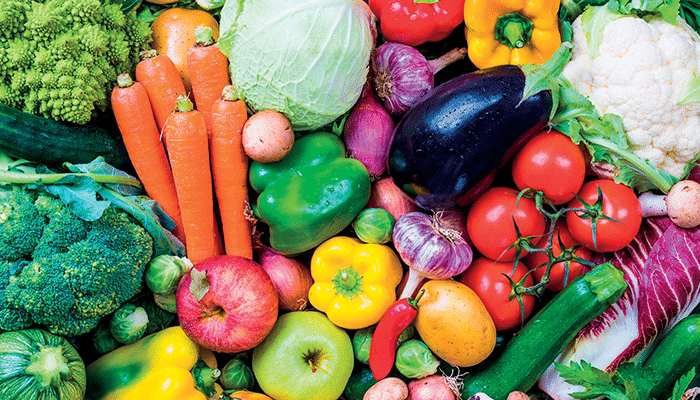The EU Implementing Regulation No 2019/1090 and
its corrigendum were published in the OJEU concerning the non-renewal of the active substance'dimethoate'.
Dimethoate is used in plant protection products for application on various crops: citrus fruits, garlic, onions, tomatoes, beets, carrots, olives, rye, wheat.
EFSA could not exclude, when assessing the renewal application, a risk of exposure of consumers, operators, workers, bystanders and local residents to residues of dimethoate whose genotoxic potential cannot be ruled out, as well as its main metabolite omethoate, which the majority of experts have classified as mutagenic in vivo. In addition, EFSA concluded that there is a high risk for mammals, non-target arthropods and bees.
Member States must withdraw authorisations for plant protection products containing the active substance'dimethoate' by 31 December 2019 at the latest. The period of grace granted by Member States for plant protection products containing dimethoate shall expire no later than 30 September 2019 for specialities used on cherries and 30 June 2020 for those used on other crops.
EU Regulation 2019/1090 entered into force on 30 June 2019.
In France, this molecule has been banned from being marketed and used since February 1, 2016.
Be aware that your Phytocontrol laboratory is able to look for dimethoate in matrices of plant origin.
For any technical, pricing and/or regulatory information, do not hesitate to
contact us.





